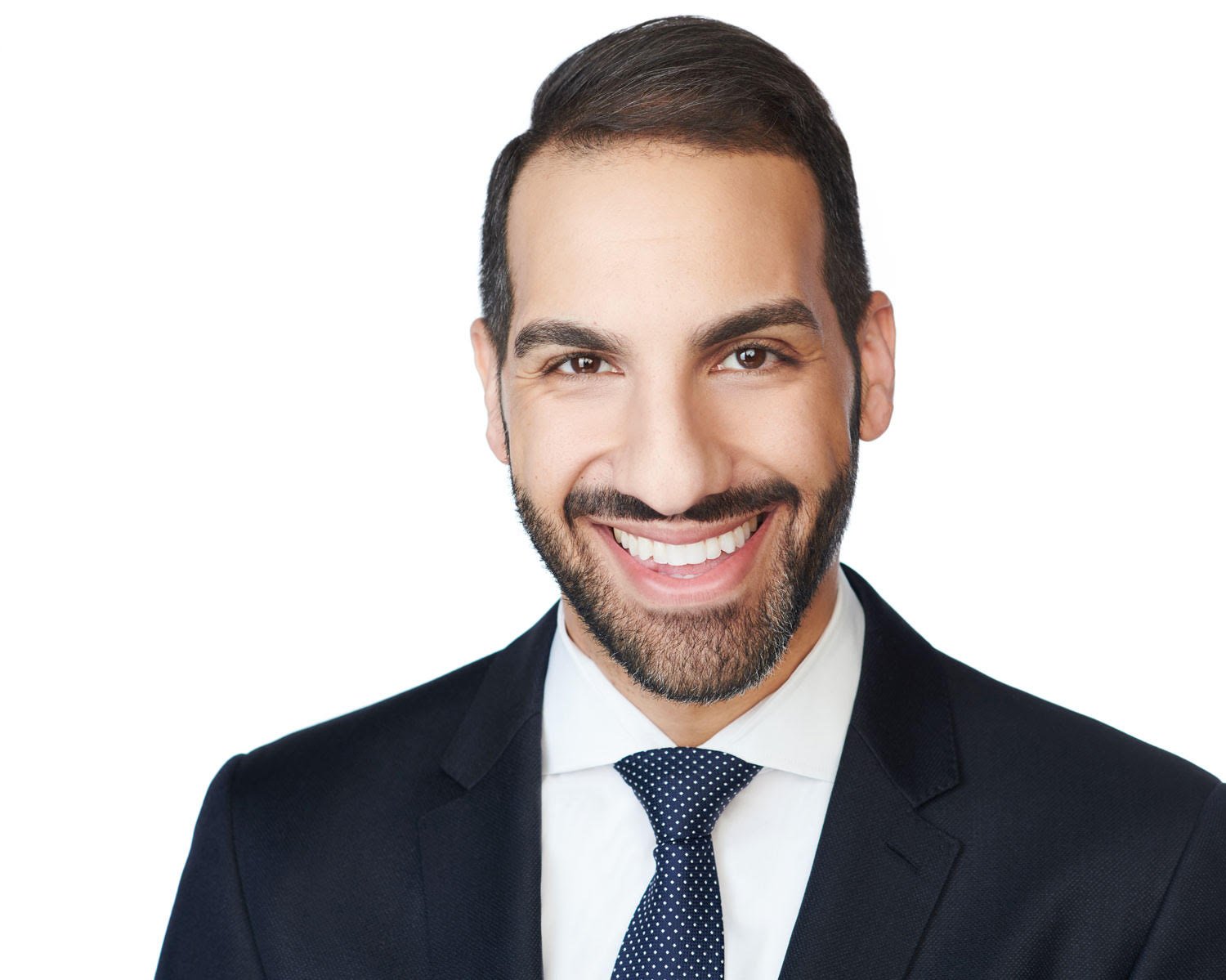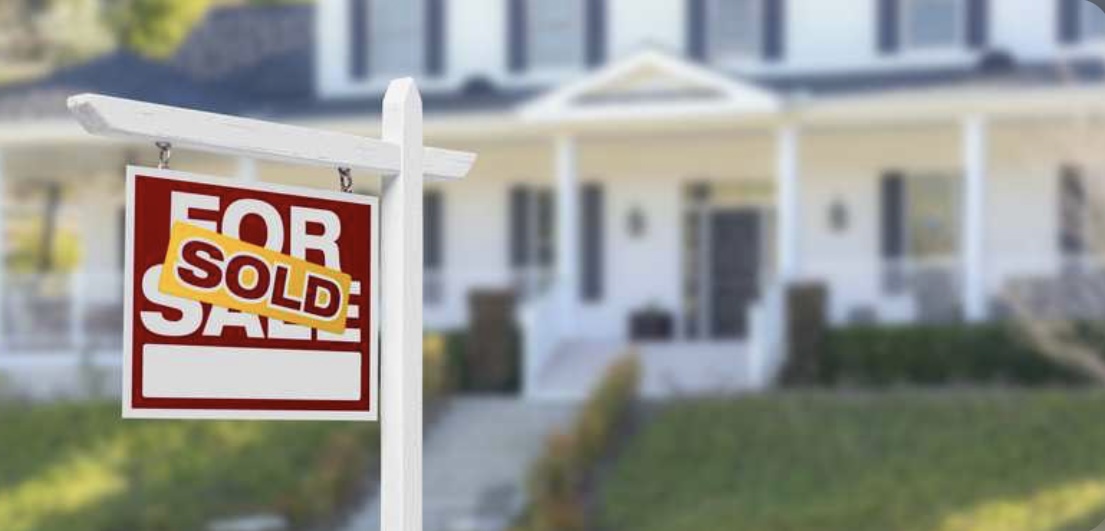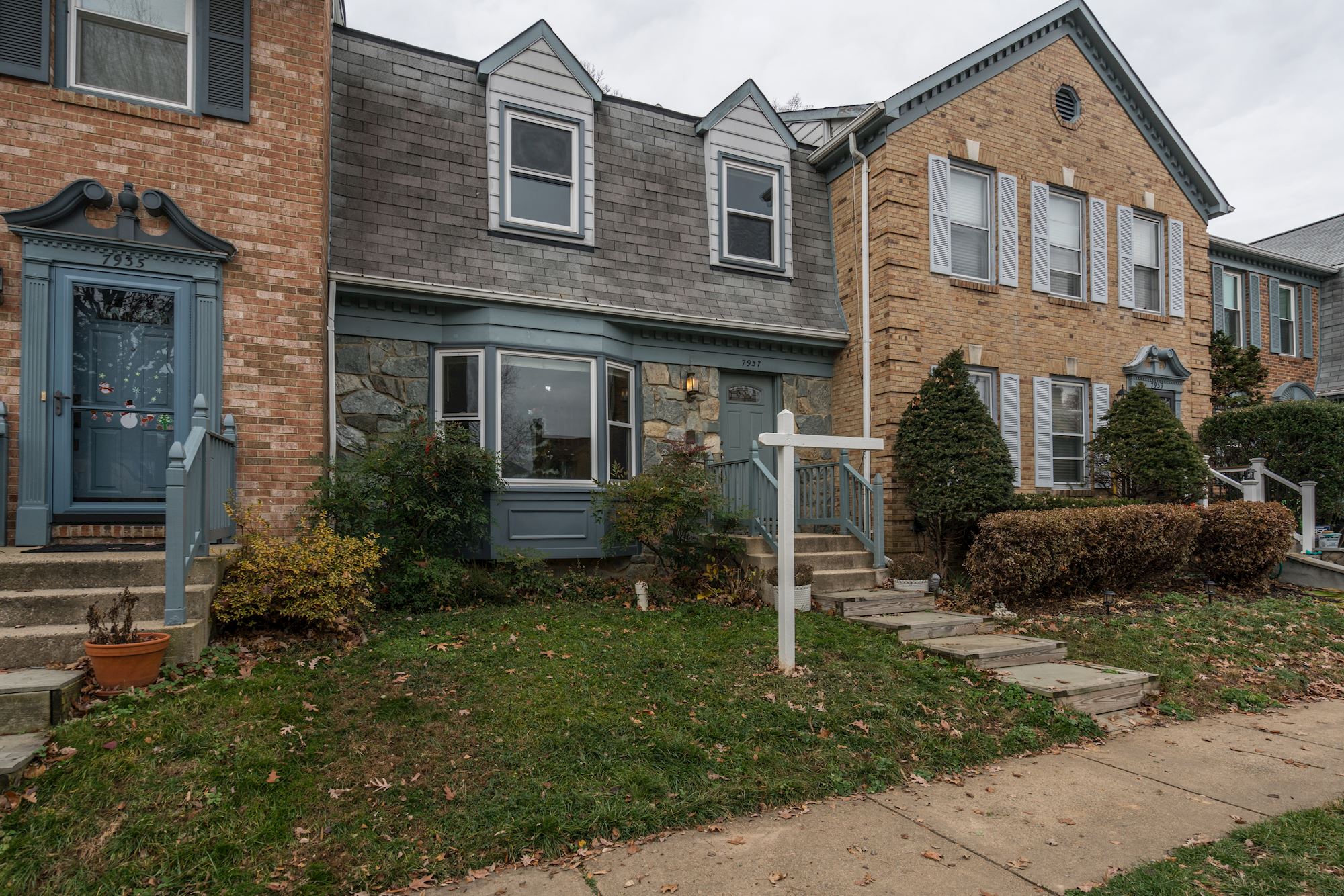 How Much Can You Afford?
How Much Can You Afford?
Meet with at least two local lenders to compare service, interest rates, and fees. Determine how much you can afford and select the leading program that is best for you. To prepare for the pre-approval process, collect:
- Pay stubs and W2s (lenders are looking for income verification for two years)
- Two months’ worth of bank statements and investments
- If you are self-employed, generally lenders will ask for at least 2 years of tax returns
You can be pre-approved for a loan within a few days which demonstrates to sellers that you’re a serious buyer. It may also give you a crucial edge over other potential offers.
Anticipate Costs
Outside of the home price, there are other costs associated with purchasing a home.
-
Down Payment: The larger your down payment the better. Conventional loans usually require 10-20% down where an FHA loan requires as little as 3.5% down. If you qualify for a Veterans Affairs (VA) loan you may not need a down payment.
-
Closing Costs: Plan on spending an additional 2-3% for closing costs on top of the sale price.
-
Annual Property Taxes: Annual taxes vary by house and are based on the county’s assessed value of a home. Check the county’s public records online for tax rates and assessments but estimate 1-1.5% of the assessed value as a rule of thumb.
-
Homeowners Insurance: Typically $50-100 a month covers your home and belongings. Important note, as the value of a home increases, so does the cost of homeowners insurance. Tip: Bundling your car and home insurance may results in substantial savings.
-
Homeowners Association (HOA)/Condo Association Fees: HOA and Condo Association fees can vary significantly. HOA fees can be as little as $25/year and may cover a neighborhood directory, while, some Condo Association fees can be hundreds of dollars a month but may cover utilities, amenities like tennis courts and pools, and common areas.
Understanding different loan types
Fixed-rate loan
-
Most common type of home loan
-
Interest rate: Fixed for the life of the loan
-
15 or 30 years term; the loan is paid down during the duration of the loan
-
Good choice for: People with good credit and who plan to live in the home for many years
Adjustable-rate mortgage (ARM)
-
Typically lower interest rate than a fixed-rate loan
-
Fixed rate for the first five to 10 years; after that, your interest rates (and payments) will typically adjust once a year corresponding to current interest rates
-
Good choice for: People who plan to move and sell their home before their fixed-rate period is up and their rates start vacillating
FHA loan
-
Allow buyers to put less than 3.5% down; typical loans require 20%
-
Rate is typically fixed for 15 or 30 years
-
Limits on how much can be borrowed and vary by county
-
Buyers are required to pay mortgage insurance (PMI) upfront or over the life of the loan-which hovers around 1% of the loan (important note- PMI this is different than home insurance)
-
Good choice for: Well-qualified buyers with limited savings
VA loan
-
Available to US military only who've served 90 days consecutively during wartime, 180 during peacetime, or six years in the reserves
-
May allow buyers to put no money down and has no mortgage insurance (PMI) requirement
-
Good choice if: You are a veteran purchasing a primary residence that meets “minimum property requirements” (can’t be a fixer-upper)
Click here to contact our recommended lender & discuss pre-approval
Ready to get started on your home search?
Provide us with your search criteria and we'll send you automatic email alerts when homes are for sale that fit your needs! Sign up for email alerts here
Khalil El-Ghoul
Khalil El-Ghoul is a seasoned real estate broker actively helping sellers and buyers throughout Northern Virginia, DC, and Maryland. Known for his no-nonsense approach, Khalil combines expert market insight with honest, objective advice to help buyers and sellers navigate every type of market—from calm to chaotic. If you’re looking for clarity, strategy, and a trusted partner in real estate, he’s the one to call. 571-235-4821, khalil@glasshousere.com







